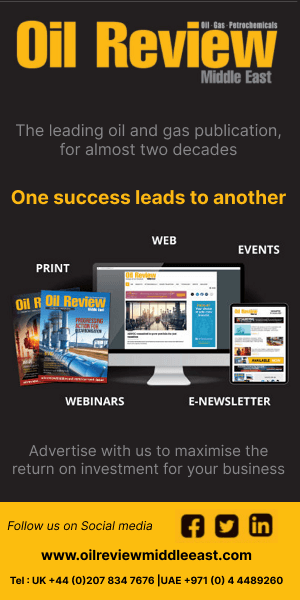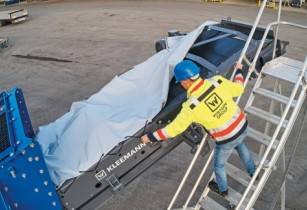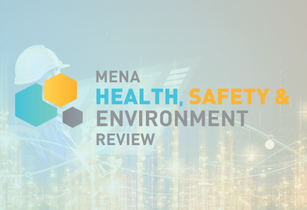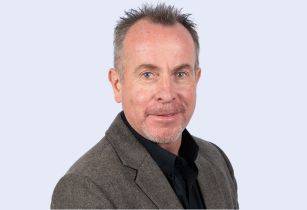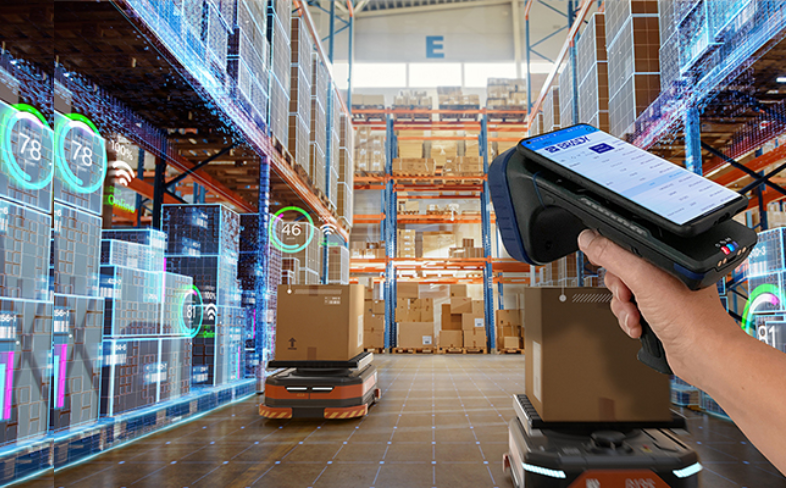Ahead of the Middle East Health & Safety Forum to take place in Dubai in September, event director Riad Mannan seeks speakers? views on the region?s HSE challenges
With workplace health and safety becoming a key priority for GCC governments, organisations across all sectors need to have the right strategies in place and ensure best practice.
The new chair of hte Institution of Safety & Health (IOSH) UAE, Ahmed El Hadidi, notes, "Despite the variations, we can say that there is progress on awareness and implementation. The maturity level depends on each country, but in general there is a positive trend towards a conscious attitude in considering employees? and workers? health and safety."
From oil and gas through construction, industrial, manufacturing and the marine sector, safe working practices are key to all segments of the regional economy. While great strides have been made in recent years to ensure better HSE conditions for workers and the public, it is essential that modern health, safety and environmental management be fully incorporated and integrated into businesses.
However, barriers remain to achieving best practice, not least around securing buy-in from organisational leaders. As Saleh Ali Saleh, HSE director of shared services at TECOM Investments puts it, "In some organisations the top management has to be convinced of the benefits of HSE from an economic point of view."
Better communications between leaders, senior management, supervisors and the workforce can lead to better HSE practices, but this has to come from the top, and hence intertwining business strategy and safety strategy has become more critical. According to Saleh, "Leaders should not consider the HSE department as something of a luxury for the company or as adding extra costs.?
Another continuous challenge is the age-old issue of embedding and maintaining a strong HSE culture into the workplace community. At the outset, defining what a positive safety culture is can be problematic, particularly given the different backgrounds of the GCC workforce. HSE professionals have to understand the different safety behaviours and competencies of staff who often come from different parts of the world.
Communications are key to embedding a positive safety culture but, as Ismail M. Ahmed, superintendent safety & occupational hygiene at BAPCO, observes, "One of the key challenges is maintaining that positive HSE culture once attained. Overcoming such a challenge is not straightforward ? it mainly requires breaking the communication barriers not only between the HSE legislators and the employers but also between all levels of management and employees within the organisation." But by having strong safety credentials and practices, organisations can use HSE as a tool to differentiate themselves from the competition. As El Hadidi notes, "Good health and safety performance should be a tool to strengthen the reputation, resilience and overall performance of any company."
Linking tangible HSE benefits and gaining buy-in from the leadership, Mohammad Abdulrazaq Alawadhi, general manager ? HSEQ & Business Excellence at DryDocks World comments, "Convincing company leaders of the benefits of having a positive HSE culture can in itself lead to more commitment and support by company leadership." Having a holistic approach to safety, whist aligning it with corporate structure, is another challenge that many organisations face. Issues around silo mentality, efficient communications and effective trust all come in to play.
These are challenges that can be overcome, and experts are optimistic about the future of HSE in the region.
The Middle East Health & Safety Forum, taking place on 6-7 September in Dubai, will provide a platform for sharing knowledge and expertise on these and other issues. The event will include four panel discussions highlighting HSE leadership; implementation of safety strategies in complex work environments; the latest regulations and compliance issues; and how to foster better behavioural-based safety practices. Supported by IOSH, IIRSM, CIEH, FCIA and the EPSC, the event will also include 12 hands-on practical workshop options led by Dubai and Abu Dhabi Municipalities. See the website at http://www.hse-forum.com.





